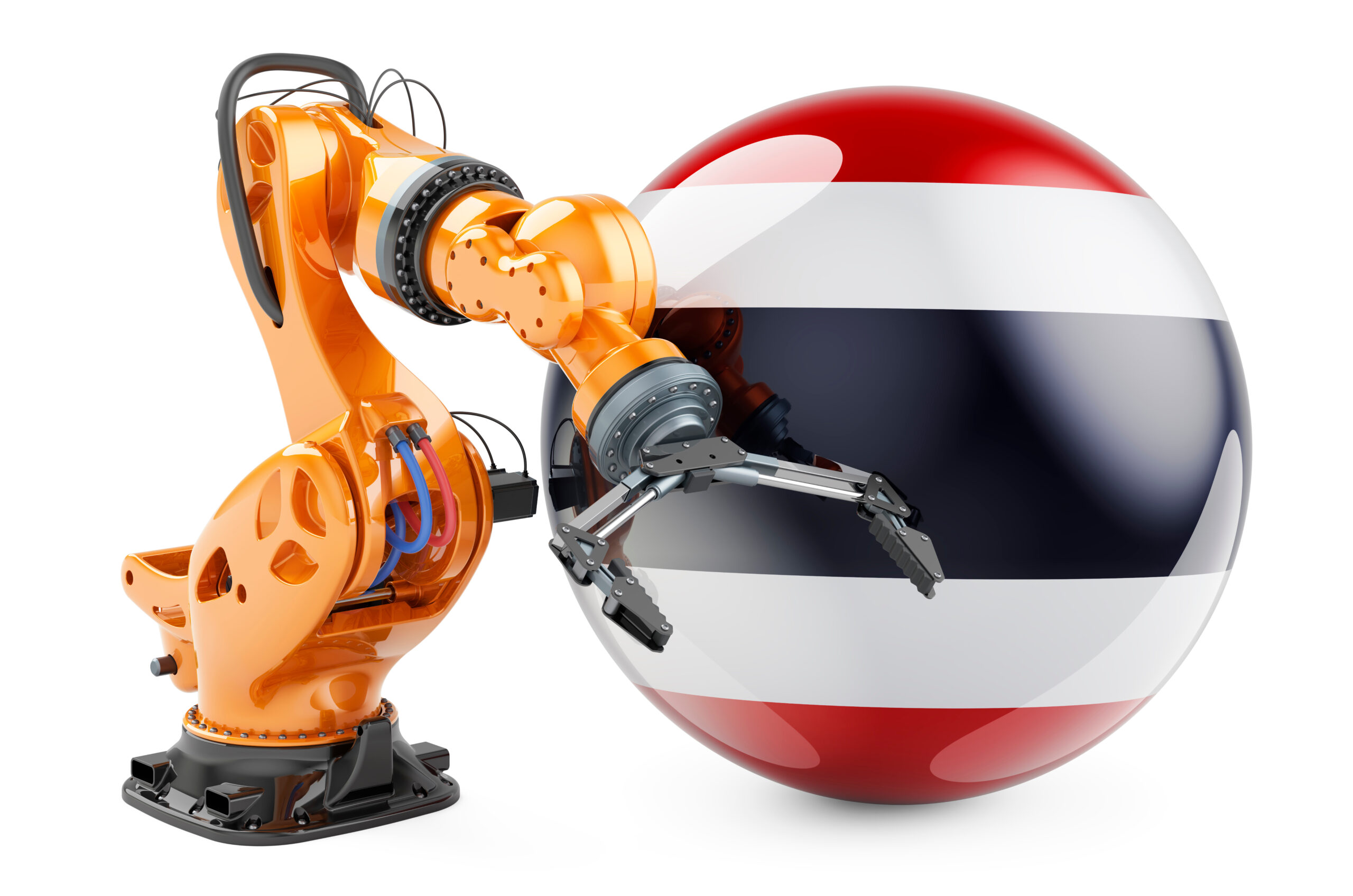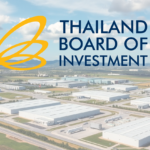Thailand has become a prime location for manufacturing, attracting foreign investors due to its favorable regulatory environment and strategic position in Southeast Asia. However, setting up a factory in Thailand requires careful navigation of several legal requirements, zoning laws, and investment incentives. This guide outlines the most important steps and regulations to consider, including the Factory Act of 1992, Board of Investment (BOI) incentives, and zoning compliance.
1. Factory Categories Under the Factory Act of 1992
The Factory Act of 1992 governs the establishment and operation of factories in Thailand. Factories are divided into three categories based on the horsepower of machinery and the number of employees:
- Category 1 Factories: Utilize machinery with 5–20 horsepower or employ 7–20 workers. No license is required unless pollution is produced, but environmental compliance is mandatory.
- Category 2 Factories: Employ 20–50 workers or use machinery with 20–50 horsepower. These factories must notify authorities before starting operations but do not require a formal license.
- Category 3 Factories: Use more than 50 horsepower or employ over 50 workers. These factories must obtain a license from the Department of Industrial Works before starting operations. They must also comply with zoning laws, ensuring they are located at least 100 meters from sensitive areas such as schools, hospitals, and government buildings.
2. Incorporating a Manufacturing Company in Thailand
When establishing a manufacturing operation, many foreign investors opt for private limited companies in Thailand. Key requirements include:
- A minimum of two shareholders.
- At least one director.
- A registered office in Thailand.
- The minimum capital is typically 50,000 THB but increases to 2 million THB per foreign employee if expatriates are hired. For businesses seeking BOI promotion, capital requirements may vary based on the company’s projected financials and the industry.
3. BOI and IEAT Incentives for Manufacturing Companies
Thailand’s Board of Investment (BOI) and the Industrial Estate Authority of Thailand (IEAT) offer significant incentives to attract foreign investment in the manufacturing sector:
- 100% foreign ownership: Permitted for BOI-promoted companies or those in IEAT zones.
- Tax exemptions and reductions: BOI-approved projects can receive corporate income tax exemptions for up to 8 years and reductions on import duties for machinery and raw materials.
- Work permits and visas: The BOI assists with obtaining work permits and visas for foreign specialists.
To qualify for these incentives, companies must meet certain criteria, such as using modern machinery and investing a minimum capital of around 1 million THB, depending on the industry. Understanding these legal requirements for setting up a factory in Thailand is crucial for foreign investors aiming to maximize their benefits.
4. Zoning and Environmental Compliance
Zoning regulations play a key role in determining where a factory can be established. For example, Category 3 factories must be situated at least 100 meters away from schools, hospitals, and public institutions. Additionally, all factories must adhere to pollution control and waste management regulations.
For factories located in IEAT zones, there are fewer restrictions on environmental assessments, and they have better access to essential infrastructure like transportation and utilities. Understanding these zoning and environmental rules is a fundamental part of meeting the legal requirements for setting up a factory in Thailand.
Frequently Asked Questions (FAQ)
1. What permits are required to set up a factory in Thailand?
The permits depend on the category of your factory. Category 1 factories do not need a license but must comply with environmental laws. Category 2 factories must notify authorities, while Category 3 factories require a full license from the Department of Industrial Works before operation.
2. Can foreign companies fully own a factory in Thailand?
Yes, under BOI promotion, foreign companies can own 100% of their manufacturing businesses. This applies to businesses in approved sectors and those operating within IEAT zones.
3. What are the capital requirements for foreign-owned manufacturing companies?
The minimum capital requirement for setting up a private limited company is generally 50,000 THB, but this increases to 2 million THB per foreign employee. Companies seeking BOI promotion may have different capital requirements based on their industry and investment plans.
4. How long does it take to get a factory license in Thailand?
For Category 3 factories, it typically takes 50 days to process a factory license application, including inspections of the site and review of pollution control measures.
5. Are there tax incentives for setting up a factory in Thailand?
Yes, BOI-promoted companies can benefit from corporate income tax exemptions for up to 8 years and import duty reductions on machinery and raw materials.
6. What are the environmental requirements for factories in Thailand?
Factories must adhere to strict environmental regulations, particularly concerning pollution control and waste management. Category 3 factories are required to be situated at least 100 meters away from schools, hospitals, and other public areas.
Conclusion: Navigating the Legal Requirements for Setting Up a Factory in Thailand
Setting up a factory in Thailand is an excellent opportunity for foreign investors, with a supportive regulatory environment and generous BOI incentives. However, it’s crucial to navigate the Factory Act of 1992, zoning regulations, and environmental compliance requirements to ensure successful operations. Understanding these legal requirements for setting up a factory in Thailand can significantly enhance the success of your investment.
For expert advice on legal requirements for setting up a factory in Thailand, including compliance, zoning, and BOI incentives, contact SparkUp Solutions today. Our experienced consultants are here to guide you through every step of the process. Let us help you turn your manufacturing vision into reality!
Ready to Set Up Your Factory in Thailand?
Let SparkUp Solutions help you make the process easy. Whether it’s zoning laws, BOI promotion, or environmental rules, our team will guide you every step of the way.
Contact us today to schedule a consultation and take the first step toward establishing your factory in Thailand





